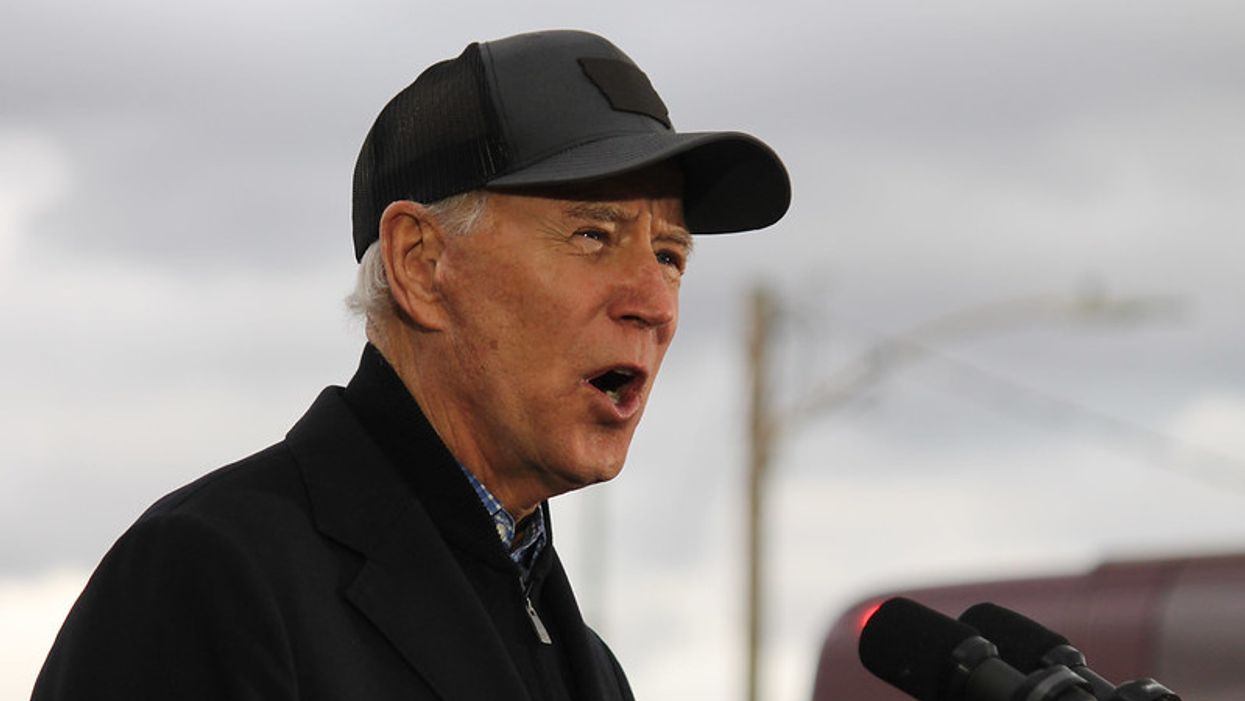PALM BEACH, Fla. (Reuters) – U.S. Republican presidential front-runner Donald Trump won a crucial contest in Florida on Tuesday, knocking rival Marco Rubio out of the race, but lost Ohio to John Kasich in a mixed result that set the stage for a long, bitter nominating fight.
Trump, a businessman who hoped a sweep of five states would put him on the path to the nomination, now faces a three-way struggle with Kasich, the Ohio governor, and Ted Cruz, a conservative U.S. senator from Texas, that could lead to a showdown at the party’s convention in Cleveland in July.
Kasich’s win in Ohio gave new hope to establishment Republicans battling to deny Trump the nomination and block him from capturing the 1,237 delegates needed to win the nomination.
“We have to bring our party together,” a restrained Trump, 69, said in Palm Beach, Florida, as the results rolled in. He congratulated Rubio on his campaign but did not mention Kasich or Cruz.
On the Democratic side, former Secretary of State Hillary Clinton, 68, won in Florida, Ohio and North Carolina, putting more distance between herself and rival Bernie Sanders, 74, a U.S. senator from Vermont.
The wins for Clinton added to her lead in pledged delegates over Sanders and gave her an almost insurmountable edge, burying the memory of her stunning loss in Michigan last week. The Democratic races in Illinois and Missouri on Tuesday had yet to be decided.
As she had after other primary wins, Clinton was thinking on Tuesday about a possible match-up in the Nov. 8 presidential election with Trump.
“We can’t lose what made America great in the first place, and this isn’t just about Donald Trump,” Clinton told supporters in West Palm Beach, Florida. “We can’t just talk about economic inequality, we have to take on all forms of inequality and discrimination.”
Trump’s vows to deport 11 million illegal immigrants, impose protectionist trade policies and temporarily ban Muslims from entering the country have rattled the party’s mainstream leaders and left them scrambling to block him.
‘Holding Us Together’
Kasich’s win in Ohio, his first in the nominating fight, makes him the candidate of choice for party leaders worried Trump’s rowdy campaign will lead Republicans to defeat not only in the presidential race, but in state and U.S. congressional races.
Kasich, who has tried to emphasize the positive in a Republican race dominated by the pugnacious Trump, said his campaign was “about holding us together, not pulling us apart.”
“I will not take the low road to the highest office in the land,” Kasich told supporters in Berea, Ohio. “We are going to go all the way to Cleveland and secure the Republican nomination.”
The loss in his home state of Florida was a brutal blow for Rubio, 44, who was once a rising star in the party and had become the choice of the party establishment’s anti-Trump forces until his campaign nosedived.
“While we are on the right side this year, we will not be on the winning side,” Rubio, a first-term senator who is not seeking Senate re-election, told supporters in Miami as he pulled out of the race.
Rubio said the party’s establishment had long looked down on conservatives and taken their vote for granted.
‘People Are Angry’
“People are angry, people are frustrated,” he said, adding it would have been easy to stir up those frustrations and make people more angry. “I chose a different route and I’m proud of it.”
Trump’s closest challenger is Cruz, 45, a favorite of the conservative Tea Party, who is second to Trump in delegates but has struggled in states where the electorate is not heavy on the strongly conservative evangelicals who have been Cruz’s biggest base of support.
By capturing Florida, Trump won all 99 of the state’s delegates, giving him a huge lift in his drive to the nomination. He also won Illinois and North Carolina, while no winner had emerged yet in Missouri.
Kasich’s chief strategist, John Weaver, argued in a memo released after the Ohio result that no candidate was going to win the necessary delegates before the convention and Kasich would be the best Republican candidate to go up against Clinton.
Trump, 69, said early on Tuesday that his momentum was already drawing in establishment Republicans who had previously balked at his candidacy but now see him as the likely nominee.
“They’re already calling,” he told NBC’s “Today” show, without naming names. “The biggest people in the party are calling.”
(Additional reporting by Megan Cassella, Ginger Gibson and Alana Wise in Washington and James Oliphant in Miami; Writing by John Whitesides; Editing by Howard Goller)
Photo: Rosemary Harder wears a hat supporting Republican U.S. presidential candidate Donald Trump during a news conference, after the Florida, Ohio, North Carolina, Illinois and Missouri primary elections, held at his Mar-A-Lago Club, in Palm Beach, Florida March 15, 2016. REUTERS/Joe Skipper




